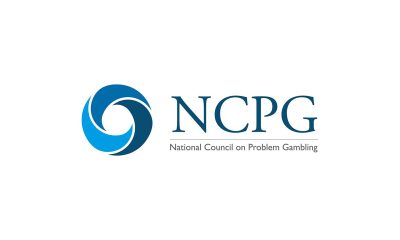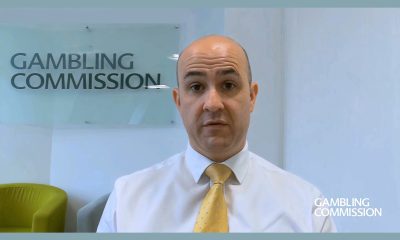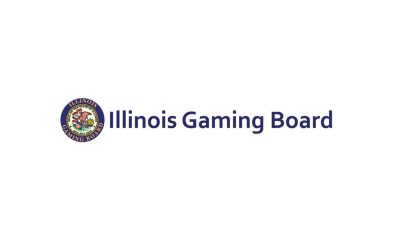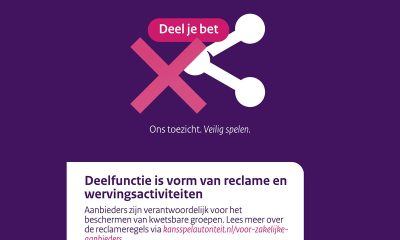Compliance Updates
Google Updates Gambling Ad Policy for Germany
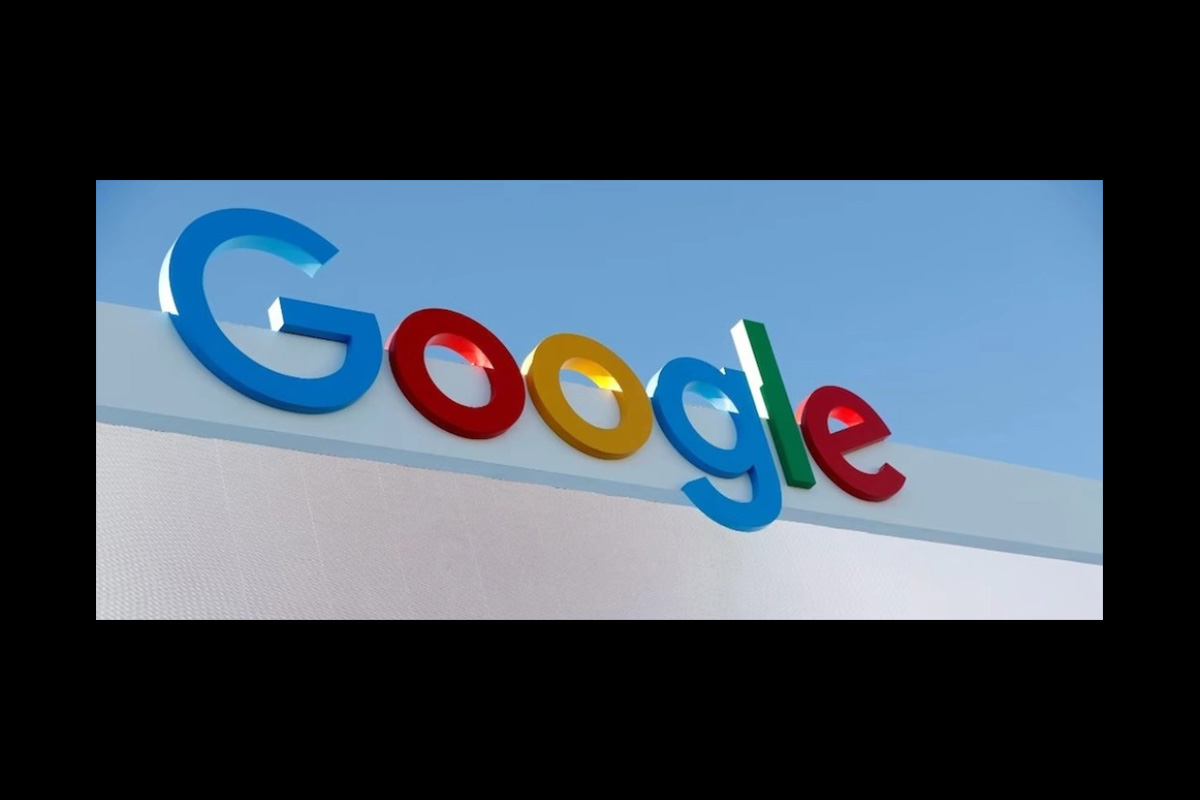
Google has announced significant changes to its Gambling and games policy specifically for the German market. The update, set to take effect on September 25, 2024, introduces stricter requirements for gambling operators and brokers seeking to advertise on Google’s platforms in Germany. This policy revision aims to align Google’s advertising practices with German regulations and ensure compliance with local gambling laws.
According to the announcement, which came exactly one month before the implementation date, only gambling operators and brokers licensed by the Gemeinsame Glücksspielbehörde der Länder (GGL) will be eligible to apply for advertising certification for gambling products outlined in Google’s Gambling and games policy. The GGL, which translates to the Joint Gambling Authority of the German Federal States, is the central regulatory body overseeing gambling activities in Germany.
This policy update represents a significant shift in Google’s approach to gambling advertisements in the German market. Previously, a broader range of gambling-related services could potentially advertise on Google’s platforms. However, with the new policy, applications from advertisers of online gambling services who do not meet the GGL licensing criteria will no longer be accepted. This change extends to services offering gambling aggregation, such as websites that link to multiple offers from different operators on their landing pages.
The implications of this policy update are far-reaching for the online gambling industry in Germany. Existing certifications for services that do not meet the new criteria will be revoked on the policy’s effective date, September 25, 2024. This revocation will prevent these services from running gambling ads targeted at the German market through Google’s advertising platforms.
To understand the full impact of this policy change, it’s essential to delve into the technical aspects of Google’s advertising ecosystem. Google Ads, the primary platform for advertisers to reach Google’s vast user base, operates on a complex system of policies and certifications. The Gambling and games policy is a crucial component of this system, designed to ensure that gambling-related advertisements comply with local laws and regulations.
The certification process for gambling advertisers on Google involves several steps. Advertisers must first ensure they meet the eligibility requirements for their specific country or region. With the new policy update, this eligibility in Germany will be directly tied to GGL licensing. Once eligibility is confirmed, advertisers must complete an application process, which includes providing detailed information about their gambling operations and licenses.
Google’s policy update reflects the evolving regulatory landscape of online gambling in Germany. The country has implemented stricter controls on online gambling in recent years, culminating in the establishment of the GGL as a centralised regulatory authority. This move towards centralised regulation aims to create a more consistent and controlled environment for online gambling across all German states.
The policy change also highlights the challenges faced by multinational technology companies in navigating diverse regulatory environments across different countries. Google, as a global platform, must balance its business interests with compliance with local laws and regulations. This often results in country-specific policy updates, as seen in this case for Germany.
For gambling operators and advertisers, the policy update necessitates a reevaluation of their digital marketing strategies in the German market. Those without GGL licensing will need to explore alternative advertising channels or pursue licensing if they wish to continue advertising on Google’s platforms. This could potentially lead to a shift in the competitive landscape of online gambling advertising in Germany.
It’s worth noting that Google’s policy update aligns with broader trends in digital advertising regulation, particularly in sensitive sectors like gambling. Regulatory bodies and technology platforms are increasingly focused on ensuring that online advertisements for gambling services are responsible and comply with local laws.
The timing of this announcement, coming exactly 30 days before the implementation date, provides a window for affected advertisers to adjust their strategies. However, given the complexity of obtaining gambling licenses, this timeline may pose challenges for operators not already in the process of securing GGL licensing.
Google’s policy update also raises questions about the future of gambling advertising on other digital platforms. As major tech companies often follow similar regulatory trends, it’s possible that other advertising platforms may implement comparable policies in the German market or other jurisdictions with strict gambling regulations.
From a technical standpoint, the implementation of this policy will likely involve updates to Google’s ad review systems.
The post Google Updates Gambling Ad Policy for Germany appeared first on European Gaming Industry News.
Baltics
Estonia to Reinstate 5.5% Online Gambling Tax From March 1

Lawmakers in Estonia are set to approve a technical fix restoring the gambling tax to online casinos, closing a legislative error that briefly left remote gambling exempt.
The Riigikogu will hold a final vote on an amendment to the Gambling Tax Act introduced by MP Tanel Tein (Eesti 200). The latest change corrects wording adopted late last year that inadvertently exempted online casinos from Estonia’s gambling tax.
The amendment clarifies that both games of chance and games of skill offered as remote gambling are taxed on the same basis. By deleting the term “game of skill” from one provision in the legislation, a uniform 5.5% gambling tax will apply to both categories.
The Riigikogu’s Finance Committee adjusted the timeline initially set out in the amendment, setting March 1, 2026, as the effective date.
Under current law, gambling taxes are assessed on a monthly basis, making the start of a new calendar month the standard point for changes to take effect.
This aligns with the current IT systems and operating practices of both market participants and the Estonian Tax and Customs Board (MTA).
The fix is linked to legislation passed in December and effective since January 1 that was intended to boost funding for sports and culture through gambling tax revenues. Restoring equal taxation is expected to reestablish legal clarity for both operators and the tax authority.
The post Estonia to Reinstate 5.5% Online Gambling Tax From March 1 appeared first on Eastern European Gaming | Global iGaming & Tech Intelligence Hub.
Compliance Updates
NCPG Board of Directors Calls on Prediction Market Operators to Promote the National Problem Gambling Helpline
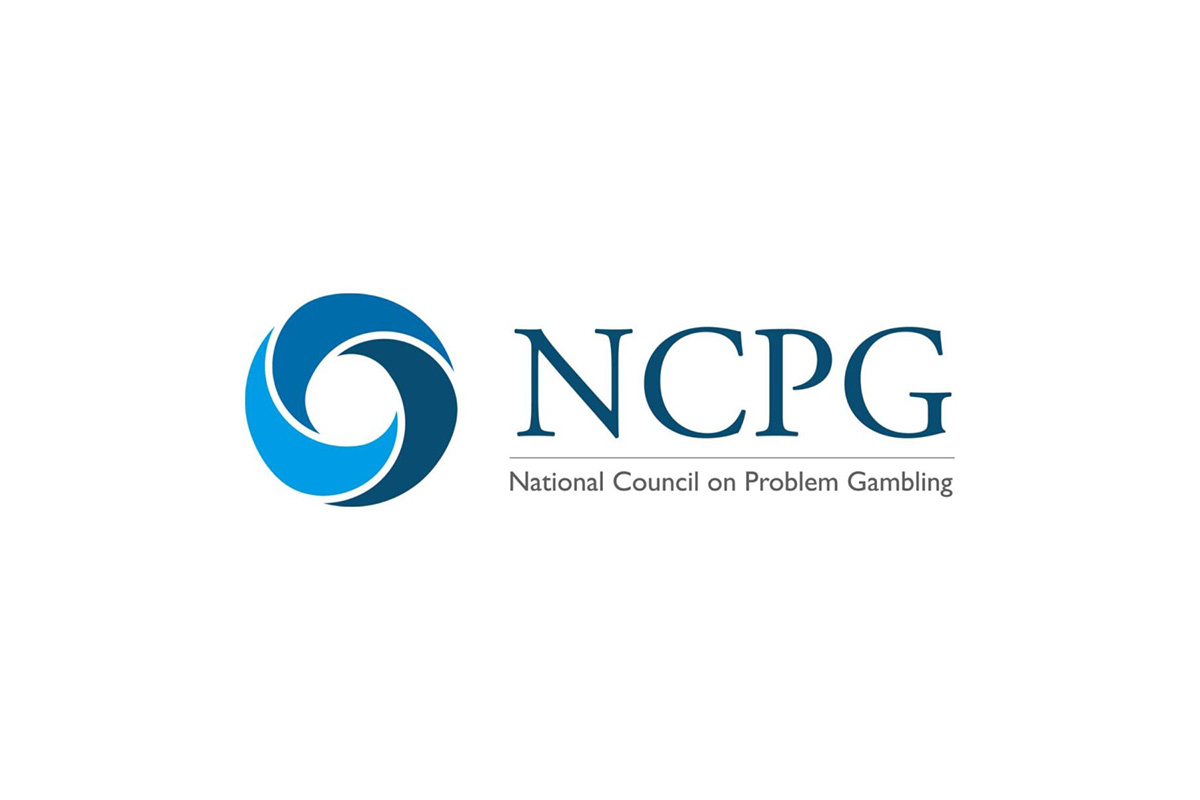
The Board of Directors of the National Council on Problem Gambling (NCPG) has passed a resolution on February 9, calling on prediction markets to promote the National Problem Gambling Helpline, arguing that event contract trading is similar to other types of betting and poses the same risks for consumers.
In the resolution, the NCPG urged “all Prediction Market Operators serving U.S. consumers” to add “clear, prominent, and ongoing promotion” of the helpline number 1-800-MY-RESET across both “marketing and on-platform user experience.”
The organization said prediction market operators should display the messaging “in a manner that is comparable to practices in regulated mobile sports betting.”
The NCPG said the helpline offers “nationwide free, confidential, and 24/7 support and resources” for people experiencing gambling-related harm. The group also said it maintains a neutral stance on legalized gambling.
The post NCPG Board of Directors Calls on Prediction Market Operators to Promote the National Problem Gambling Helpline appeared first on Americas iGaming & Sports Betting News.
Andrew Rhodes
Andrew Rhodes to Step Down as CEO of UK Gambling Commission
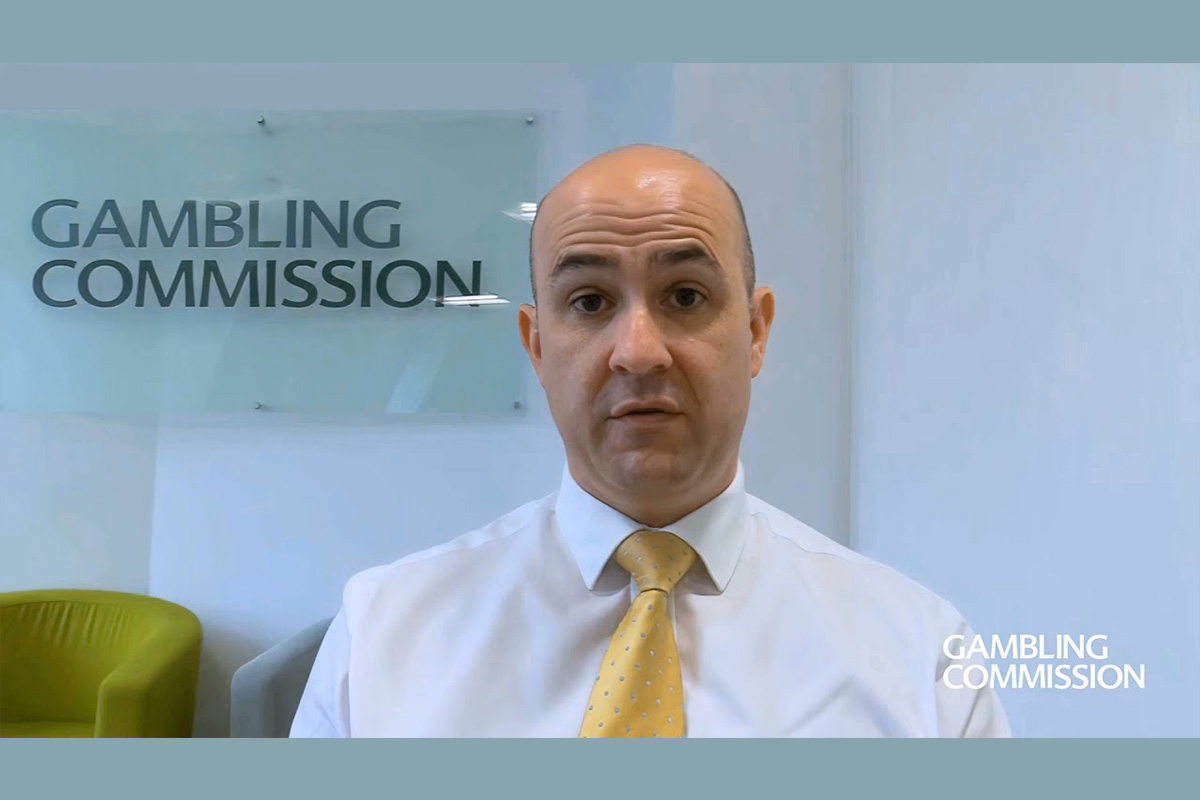
The UK Gambling Commission has announced that Andrew Rhodes has decided to leave the Commission on 30 April 2026, to take up a new role, which will be announced in due course.
Andrew has provided outstanding leadership of the Commission for almost five years and has overseen a transformation of the Commission and how it regulates the gambling Industry.
Andrew has led the work required from the Commission to implement the Gambling Act Review, with a strong focus on consumer safeguards. This has included the introduction of financial vulnerability checks, reducing the intensity of online games, and banning potentially harmful marketing offers. He has also overseen the introduction of the Gambling Survey for Great Britain, now one of the largest surveys of gambling behaviour in the world.
Amongst his other achievements, Andrew oversaw the successful implementation of the Fourth National Lottery licence and transformed the Commission’s approach to regulation through more robust and outcome-focused strategies.
He said: “It has been a privilege to lead the Gambling Commission through such an important period of change. I am proud of the progress we have made to strengthen regulation, improve consumer protections, and ensure gambling is safer and fairer. I leave with confidence in the organisation, its people, and the work still to come.”
Charles Counsell, Interim Chair of the Gambling Commission, said: “Andrew has provided outstanding leadership for nearly five years and leaves a strong legacy. He has led the Commission through major reform, strengthened our regulatory approach, and ensured consumer protection has remained at the heart of our work. On behalf of the Board, I would like to thank Andrew for his dedication and wish him every success in the future.”
The Commission will shortly begin the process of recruiting a Chief Executive for an interim period. Deputy Chief Executive Sarah Gardner will step up as Acting Chief Executive to cover the areas of work that Andrew will step back from during this transitional period.
The post Andrew Rhodes to Step Down as CEO of UK Gambling Commission appeared first on Eastern European Gaming | Global iGaming & Tech Intelligence Hub.
-

 Amusnet6 days ago
Amusnet6 days agoWeek 6/2026 slot games releases
-

 Arshak Muradyan6 days ago
Arshak Muradyan6 days agoDigitain Secures UKGC Certification for Sportsbook and Platform
-

 Latest News6 days ago
Latest News6 days agoHyper Gems — A New Cosmic Adrenaline Release from Dream Play
-

 Compliance Updates3 days ago
Compliance Updates3 days agoIllinois Gaming Board and Attorney General’s Office Issue more than 60 Cease-and-Desist Letters to Illegal Online Casino and Sweepstakes Operators
-

 Latest News3 days ago
Latest News3 days agoLaunch Of A Fresh Online Casino Guide 2026
-

 Compliance Updates6 days ago
Compliance Updates6 days agoDutch Regulator Urges Online Gambling Providers to Stop Using “Share Your Bet” Feature
-

 Always Up! x100003 days ago
Always Up! x100003 days agoRing in the Chinese New Year with BGaming’s Seasonal Promotion
-

 Conferences6 days ago
Conferences6 days agoProgressPlay Celebrates Major Success at ICE Barcelona 2026 and Prepares to Expand Worldwide





